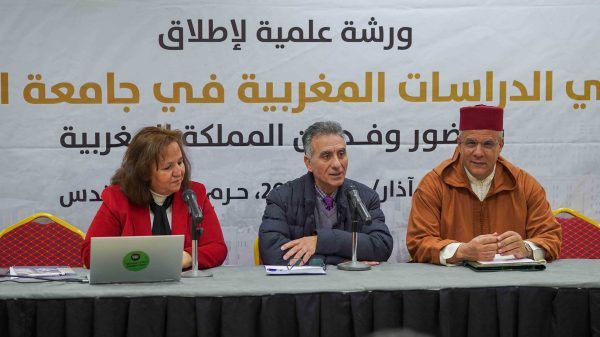
Proper regulation of cell proliferation, cell apoptosis, and cell death are vital for the development and survival of living
organisms. Failure or dysfunction of any of these processes can have devastating effects, including cancer. The Hippo
pathway, first discovered in Drosophila, has been found to be a major growth-regulatory signaling pathway that controls
these crucial processes and has been implicated in cell-progress regulation and organ size determination. Abnormal regulation of this pathway has been found in several cancer types. However, the mechanisms that regulate the pathway and its core members yet have to be elucidated. One of the main core components of this pathway is LATS1, a serine/threonine kinase. Therefore, understanding how LATS1 activity is regulated is expected to shed light on new mechanisms that regulate the Hippo pathway. In the current work, we identified several potential LATS1 regulators and proved that NEDD4 E3 ubiquitin ligase controls LATS1 stability. We demonstrate that NEDD4 directly interacts with LATS1, leading to ubiquitination and decreased levels of LATS1 and, thus, increased YAP localization in the nucleus, which subsequently increases the transcriptional activity of YAP. As such, we show that NEDD4 acts as an additional regulator of the Hippo pathway on the protein level via interactions between WW domain-containing and PP xY motif-containing proteins. These findings might be applied in the development of new therapeutic approaches through the activation of LATS1.
organisms. Failure or dysfunction of any of these processes can have devastating effects, including cancer. The Hippo
pathway, first discovered in Drosophila, has been found to be a major growth-regulatory signaling pathway that controls
these crucial processes and has been implicated in cell-progress regulation and organ size determination. Abnormal regulation of this pathway has been found in several cancer types. However, the mechanisms that regulate the pathway and its core members yet have to be elucidated. One of the main core components of this pathway is LATS1, a serine/threonine kinase. Therefore, understanding how LATS1 activity is regulated is expected to shed light on new mechanisms that regulate the Hippo pathway. In the current work, we identified several potential LATS1 regulators and proved that NEDD4 E3 ubiquitin ligase controls LATS1 stability. We demonstrate that NEDD4 directly interacts with LATS1, leading to ubiquitination and decreased levels of LATS1 and, thus, increased YAP localization in the nucleus, which subsequently increases the transcriptional activity of YAP. As such, we show that NEDD4 acts as an additional regulator of the Hippo pathway on the protein level via interactions between WW domain-containing and PP xY motif-containing proteins. These findings might be applied in the development of new therapeutic approaches through the activation of LATS1.








